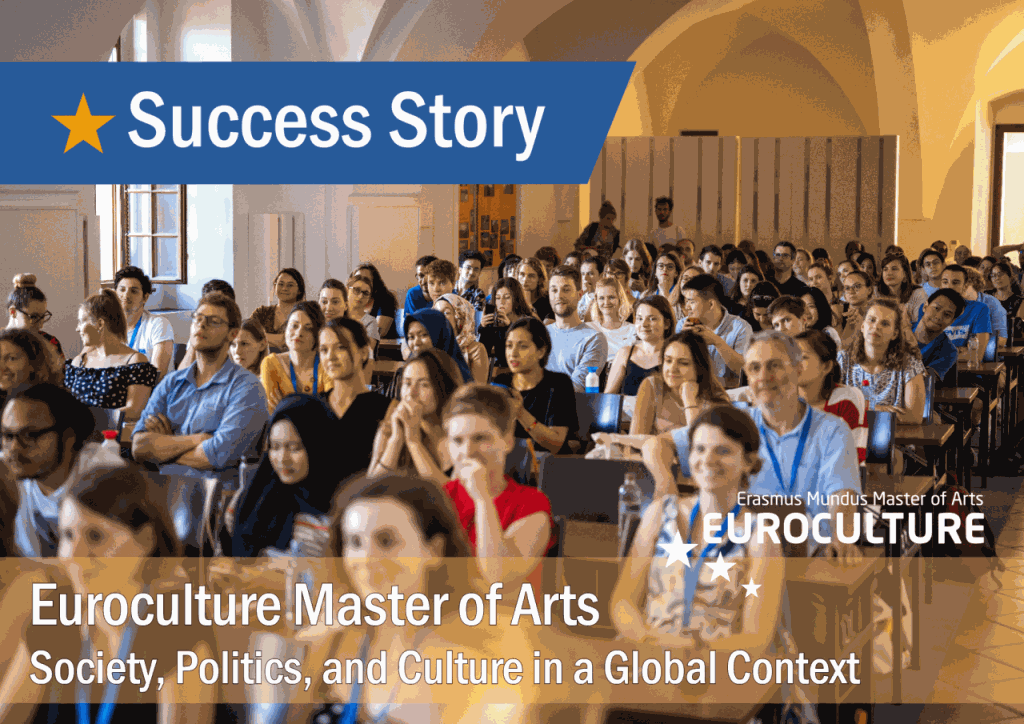Joint Master's Programme Euroculture Selected as a "Success Story"
Joint Master's programme Euroculture has recently been selected as a "success story" by a panel of experts from the Directorate-General for Education, Youth, Sport and Culture of the European Commission.
The Euroculture Consortium, consisting of eight universities across Europe and four non-European partners, with the University of Groningen its coordinating institution, is extremely pleased to have earned such a distinction from the European Commission. Staff members involved in teaching, managing, and coordinating the joint programme, as well as students and alumni of Euroculture have all contributed their time and energy to this outstanding result.
What are “success stories”?
As communicated by the Directorate-General responsible for this selection, "success stories" are finalised projects that have distinguished themselves by their impact, contribution to policy-making, innovative results, and creative approach, and can be a source of inspiration for others. The selection of a project as a success story is made on the basis of rigorous criteria regarding its quality, relevance, and results.
Another project currently running
While the project that has received a “success story” distinction has been finalized, another Erasmus+ project is currently run by the Euroculture Consortium, providing funds for talented students and excellent researchers to join the programme and engage in academic exchange. The Euroculture Consortium remains committed to enhancing its joint programme and fostering international excellence in higher education.
Background information
Euroculture Master of Arts is a programme with a history of over 20 years. The programme deals with European politics, society, and culture – in a global context, and focuses on interdisciplinary critical studies of Europe and European integration with the citizens’ perspective as a point of departure.
The Euroculture consortium consists of the following partner universities in Europe: University of Groningen (NL); Universidad de Deusto, Bilbao (ES); Georg-August-Universität Göttingen (DE); Uniwersytet Jagielloński w Krakowie (PL); Univerzita Palackého v Olomouci (CZ); Université de Strasbourg (FR); Università degli studi di Udine (IT), and Uppsala Universitet (SE); and four partners outside of Europe: Indiana University-Purdue University, USA; Universidad Nacional Autónoma Mexico, Mexico; Osaka University, Japan; Savitribai Phule Pune University, India.
Students of Euroculture Master's programme attend at least two (European) universities during their studies and receive a joint degree upon graduation. Student mobility, interdisciplinary curriculum, international student groups, focus on employability and a strong sense of community are the features that make Euroculture MA stand out.
For any additional information, please contact: Maria Ananchenkova, Consortium Coordinator euroculture rug.nl or Marloes van der Weij, Consortium Coordinator m.van.der.weij rug.nl

More news
-
19 January 2026
Digitization can leave disadvantaged citizens in the lurch
-
13 January 2026
Doing good in complex situations
